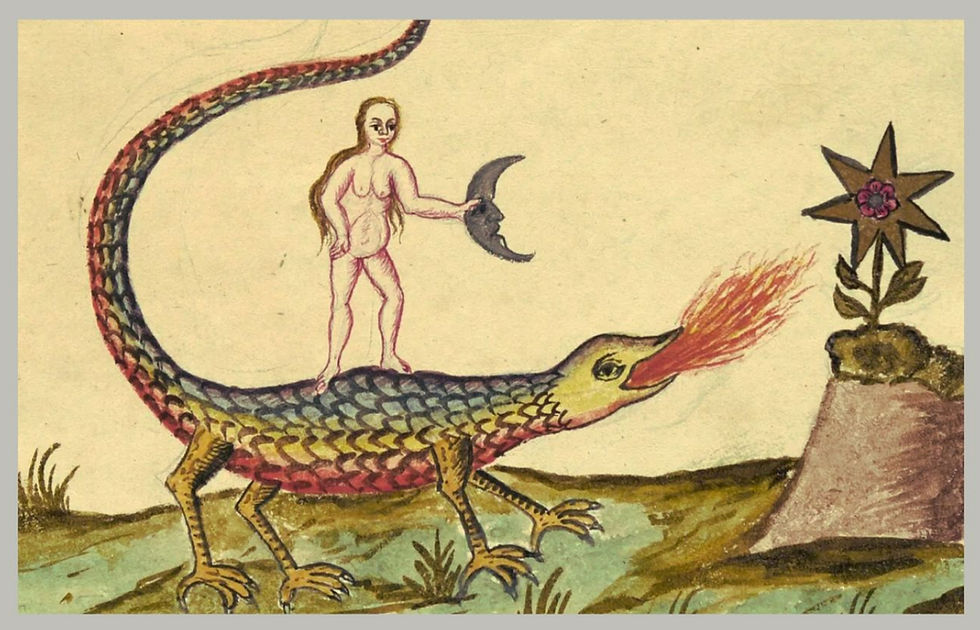A Loaded Question...
- Ekta Kumar
- Aug 28, 2023
- 3 min read
'We are so different. You're an intellectual. I'm an idiot." "Don't say that," I yelled. "You're not an idiot, you stupid idiot.”
- Melina Marchetta
Q: Do you read?
You don’t really have to answer that. Because if I am to be totally honest, I catch myself measuring people based on yes and no, and what they read and how. And I’ve been told, I am not the only one.
From the time we began scratching rocks and drawing on clay tablets, the answer to this simple question determined our place in an unspoken social hierarchy. Men, and later women, who read, climbed over those who didn’t and smugly sat on the top.

Honor to McKinley, 1898
The competitive jostling started early. In ancient Mesopotamia, scribes had a special place because they could write and record events. Their ability to understand and interpret symbols must have felt like magic in those days. In India, it was the Brahmins who cornered the top spot in society. A few centuries later, thanks to Gutenberg and also our natural curiosity to learn, reading became more common.

Early Printing Press - Public Domain
Literacy spread, and soon it was no longer enough to know the alphabets to distinguish yourself from the masses. Almost everyone can read.
So how do we stand apart from the others?
A: By strategically placing bookshelves behind us on zoom calls.
:)

Feeling Like Reading the Next Volume, Utagawa Kuniyoshi, 19th Century
In the modern world, books are not limited to being an artistic prop, they have evolved to be symbols of cultural refinement. What we read and how we read, is often intrinsically linked to who we are.
We make a statement when we carry a book into a flight, hand over a comic instead of a phone to our children, follow #bookstagram, or spend an afternoon in the local library. There is a symbolic significance attached to turning pages. Books matter. In more ways than one.

Man Reading' by John Singer Sargent
Readers, supposedly make better lovers. A dating app survey confirmed that men who read, are a lot more desirable and get swiped right more often. (This is only marginally true for women – Why! Why? But that is a story for another day).
Interior decorators tend to match an impressive lineup of books to the colour of the wall, and there can be no luxury mansion without a customary library filled with leather bound classics, which may or may not have ever been opened.

Books are decorations. Books are companions. Books are also weapons.
Reading has been a form of protest. Slaves, the lower caste, women… were not allowed to read or write for centuries. Against all odds some of them still managed to learn. Reading in such cases was often an act of courage and rebellion.

Burning of Miniature Heretical Books, Chroniques de France ou de St Denis
Reading is sometimes a performance. Imagine someone carrying a dog-eared copy of Pride and Prejudice, versus a sleek glossy graphic novel, versus scrolling through a digital device. All of it is reading, but we are constructing different identities and saying different things.
It is complicated, what books do for us. We use the information, flaunt our reading lists, and quote someone else’s lines to score points. Stories help us escape into a make-believe world. Books can expand our thoughts and feelings, and sometimes just holding one makes us feel less lonely.

Illustration by Christopher Pearse Cranch, 1837-39
There is no way I am going to try and understand the complex cultural connotation of a simple book.
The truth is, what I really want to do, is ask you a simple question -
Do you read?
Do you want to hear a story?




Comments